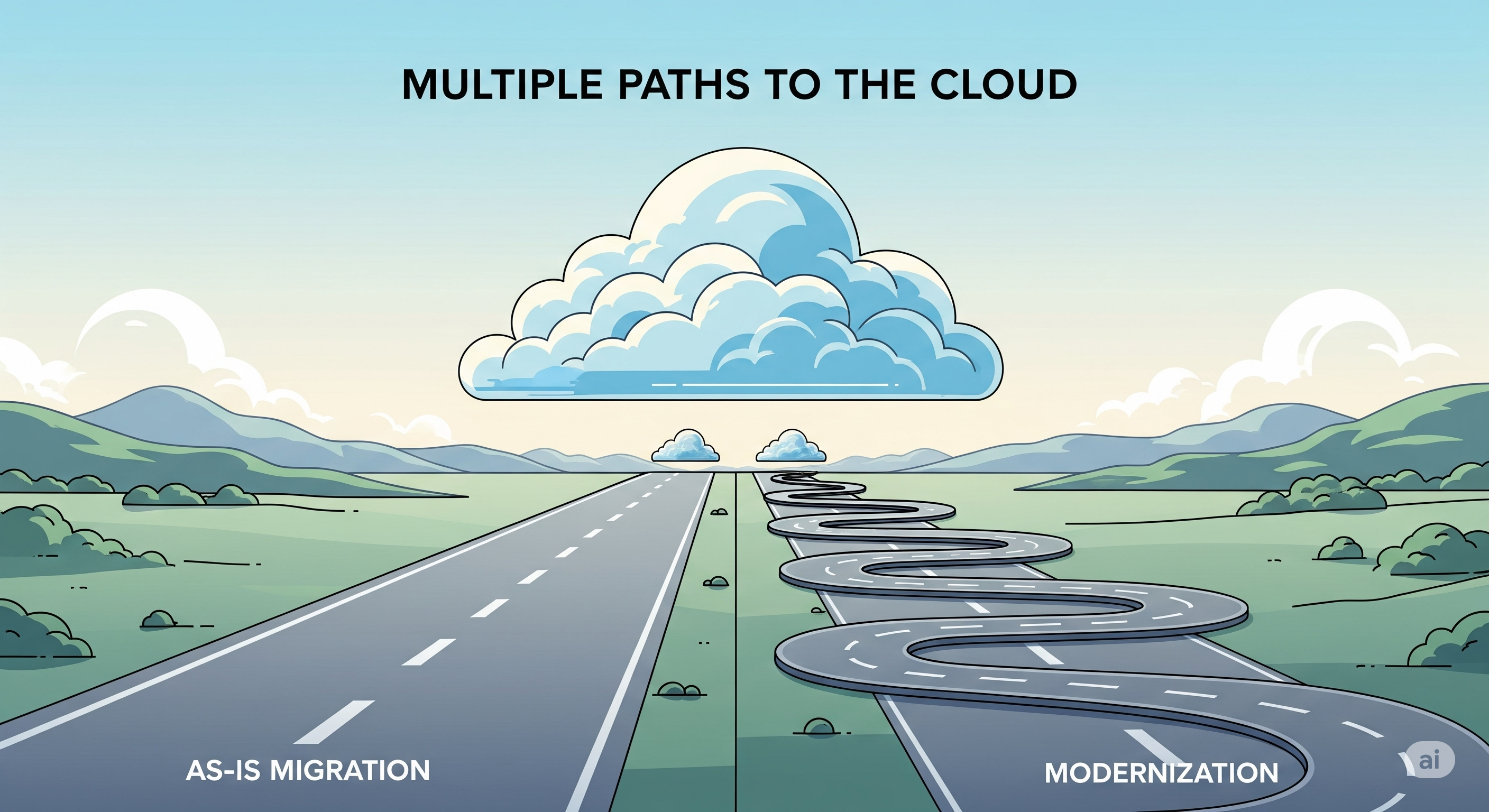Automation Is Reshaping Work for Everyone
It’s not just employees who need to evolve. Organizations must rethink how they empower, retain, and reskill their teams.
A Shift That’s Bigger Than Just Jobs
Whenever a new AI tool rolls out, whether it’s drafting emails, writing code, or analyzing reports, the same question echoes across workplaces:
“Is this going to replace me?”
The fear is real. And for good reason.
Automation is faster, scalable, and tireless. It can handle tasks we once spent hours on, sometimes better and often cheaper.
But here’s what’s also true:
Automation isn’t just changing jobs. It’s changing how we define work itself.
That shift impacts both individuals and organizations.
For Individuals: It’s Not About Competing. It’s About Evolving.
Automation excels at repetition.
But it doesn’t understand nuance. It doesn’t read a room. It doesn’t lead teams through conflict or identify emotional gaps in a project plan.
That’s still your advantage, but only if you choose to grow with it.
Today, your value is measured less by what you can do manually and more by how you think, adapt, and apply insight.
That’s why upskilling is no longer optional.
You don’t need to become an engineer. But you do need to:
- Understand how automation intersects with your role
- Learn to collaborate with tools, not just use them
- Develop skills AI can’t replicate, such as empathy, judgment, and cross-functional thinking
Those who embrace this shift won’t just keep up.
They’ll lead.
For Organizations: Rushing to Replace People Is Not a Strategy
While many companies see automation as a cost-cutting opportunity, moving too quickly to replace people can cause more harm than good.
Here's what often gets overlooked:
- Context matters. Automation needs human oversight to avoid poor outputs and risky decisions
- Culture suffers. Downsizing in favor of AI sends a message that people are expendable. That affects trust, morale, and retention
- Knowledge is lost. Replacing experienced staff without knowledge transfer creates gaps that AI cannot fill
- Customer experience weakens. Relationships are built through people, not just through processes
Instead of asking, “How many roles can we automate?”, forward-thinking companies ask,
“How can automation elevate our people and multiply their impact?”
A Smarter Way Forward: Shared Ownership
The future of work isn’t AI versus humans.
It’s AI working with humans, and that takes intention on both sides.
Individuals must be proactive about evolving their capabilities.
Organizations must invest in enabling that growth through learning, clear communication, and thoughtful role design.
This is not just a technological shift. It is a leadership shift.
Final Word
Yes, automation is changing everything.
But it’s not just a challenge. It is a turning point.
You can let it replace, or you can let it redefine.
You can rush to cut, or you can choose to elevate.
Whether you’re leading a team or charting your own growth, one thing is clear:
The organizations and professionals who thrive will be the ones who evolve — together.
More articles
emmanuellaetuk@gmail.com
Whether you’re building something new or rethinking something old, I’d love to hear from you. Reach out and let’s connect.



.png)